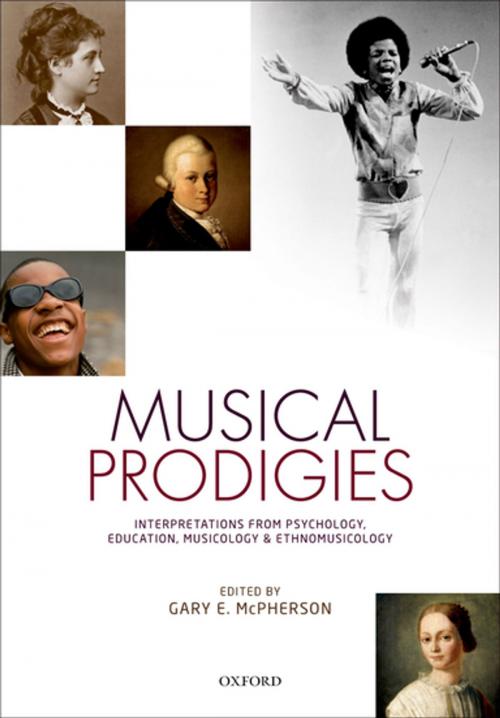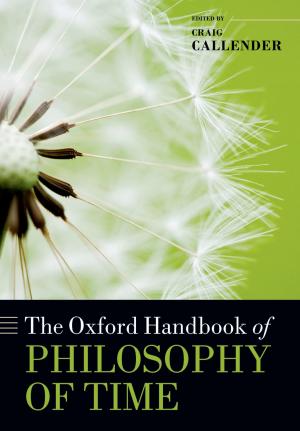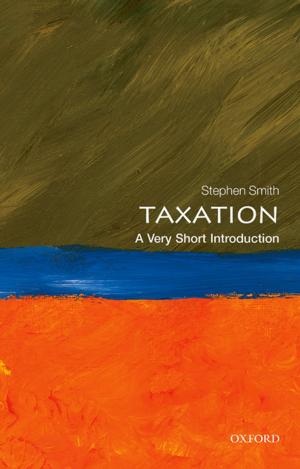Musical Prodigies
Interpretations from Psychology, Education, Musicology, and Ethnomusicology
Nonfiction, Health & Well Being, Psychology, Cognitive Psychology, Entertainment, Music| Author: | ISBN: | 9780191509261 | |
| Publisher: | OUP Oxford | Publication: | November 17, 2016 |
| Imprint: | OUP Oxford | Language: | English |
| Author: | |
| ISBN: | 9780191509261 |
| Publisher: | OUP Oxford |
| Publication: | November 17, 2016 |
| Imprint: | OUP Oxford |
| Language: | English |
Child prodigies have been observed in a range of disciplines - particularly music, mathematics, chess, and art. The question of what makes a prodigy has long been controversial. Some have dismissed the notion of giftedness, arguing that most famous prodigies had strong parental, cultural, and environmental influences that helped them develop their extraordinary abilities. One recent theory suggested that anyone could achieve outstanding success in whatever endeavour they wanted with a minimum of 10,000 hours of practice. Nevertheless, many studies of prodigies have suggested that there might be strong underlying cognitive differences, regarding their use of short-term versus long-term memory, spatial memory, imagery, and language. Whatever the arguments - for those interested in child development - prodigies remain a fascinating subject of study when considering questions about creativity, intelligence, development, and the impact of nature versus nurture. This books breaks new ground in presenting the first scientific exploration on the topic of musical prodigies. It brings together research from a range of disciplines, including psychology, neurobiology, and genetics, to provide a thorough exploration of prodigious talent. In addition, the book includes fascinating case studies of prodigies and also looks at their long-term development into adulthood - many child prodigies have had problems making the transition into adolescence and adulthood. Musical prodigies will be required reading for anyone interested in child development, music, and the arts
Child prodigies have been observed in a range of disciplines - particularly music, mathematics, chess, and art. The question of what makes a prodigy has long been controversial. Some have dismissed the notion of giftedness, arguing that most famous prodigies had strong parental, cultural, and environmental influences that helped them develop their extraordinary abilities. One recent theory suggested that anyone could achieve outstanding success in whatever endeavour they wanted with a minimum of 10,000 hours of practice. Nevertheless, many studies of prodigies have suggested that there might be strong underlying cognitive differences, regarding their use of short-term versus long-term memory, spatial memory, imagery, and language. Whatever the arguments - for those interested in child development - prodigies remain a fascinating subject of study when considering questions about creativity, intelligence, development, and the impact of nature versus nurture. This books breaks new ground in presenting the first scientific exploration on the topic of musical prodigies. It brings together research from a range of disciplines, including psychology, neurobiology, and genetics, to provide a thorough exploration of prodigious talent. In addition, the book includes fascinating case studies of prodigies and also looks at their long-term development into adulthood - many child prodigies have had problems making the transition into adolescence and adulthood. Musical prodigies will be required reading for anyone interested in child development, music, and the arts















